What is pancreatitis?
Pancreatitis is an inflammatory disease of the pancreas, a small but vital organ located behind the stomach that plays an important role in digestion and blood sugar regulation. Inflammation can occur in acute, chronic, or autoimmune forms and can sometimes lead to serious complications.
Types of Pancreatitis
1. Acute Pancreatitis
• It appears suddenly and lasts a few days.
• In most cases it is mild, but in severe cases it can be life-threatening.
2. Chronic Pancreatitis
• It develops due to repeated inflammation, causing permanent damage.
• It is often associated with prolonged alcohol consumption.
3. Autoimmune Pancreatitis
• A rare form caused by the immune system.
• It is mainly treated with corticosteroids.
Main Causes of Pancreatitis
• Gallstones: These block the pancreatic duct and cause inflammation.
• Excessive alcohol consumption: A common cause of both acute and chronic forms.
• Drugs: Some medications can cause side effects that affect the pancreas.
• Abdominal infections and trauma: Physical injuries or viral infections can cause inflammation.
• Genetic factors: Some forms are linked to inherited diseases such as cystic fibrosis.
Symptoms of Pancreatitis
• Severe abdominal pain radiating to the back.
• Nausea and vomiting, especially after meals.
• Loss of appetite and body weight.
• Fever and general weakness.
• Fatty, pale stools due to lack of digestive enzymes.
Diagnosis of Pancreatitis
• Blood tests: Measurement of lipase and amylase levels.
• Ultrasound, ultrasound, and MRI: To evaluate inflammation or damage to the pancreas.
• Endoscopy: To identify gallstones or problems with the pancreatic ducts.
Treatment of Pancreatitis
1. Acute Pancreatitis
• Intravenous hydration and pain control.
• Treatment of gallstones if they are the cause.
• Soft diet for the pancreas until improvement.
2. Chronic Pancreatitis
• Use of digestive enzymes to improve digestion.
• Pain management with medications or nerve blocks.
• Lifestyle changes, avoiding alcohol and heavy foods.
3. Autoimmune Pancreatitis
• Corticosteroids to control inflammation and damage.
Prevention of Pancreatitis
• Avoid alcohol and smoking: The main risk factors.
• Control of gallstones: Their treatment prevents acute pancreatitis.
• Healthy diet: Diet rich in fiber and low in fat.
• Control of cholesterol and triglyceride levels: To protect the pancreas.
Conclusion
Pancreatitis is a serious condition that requires timely attention and specialized treatment. If you experience severe abdominal pain or other symptoms, contact your doctor immediately. Timely treatment is essential for successful recovery and maintaining the health of your pancreas.
Together for a healthy future!
Book your consultation with a specialist doctor now!
Your Medical Clinic staff provides all patients with specialized medical service at the highest standards.

